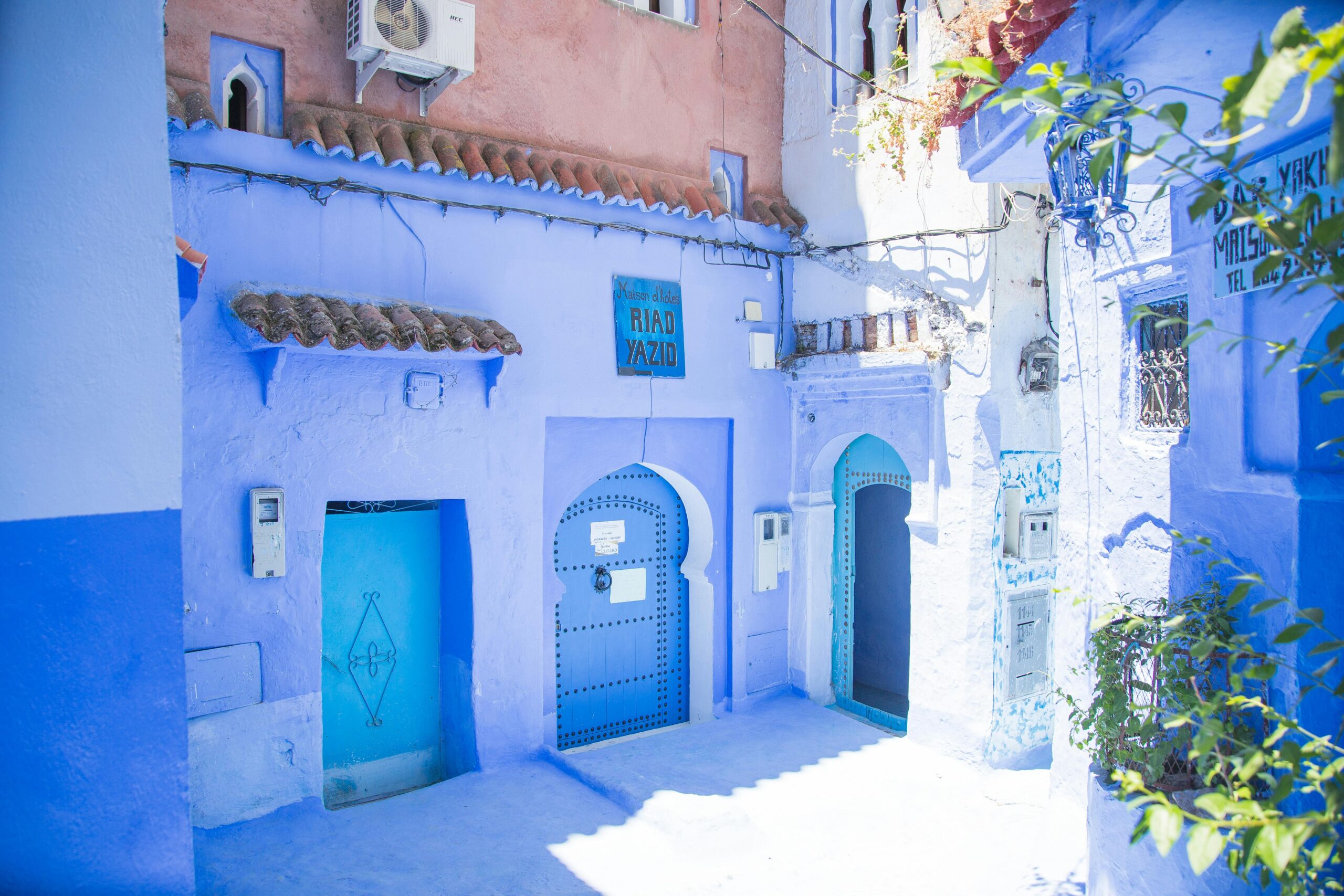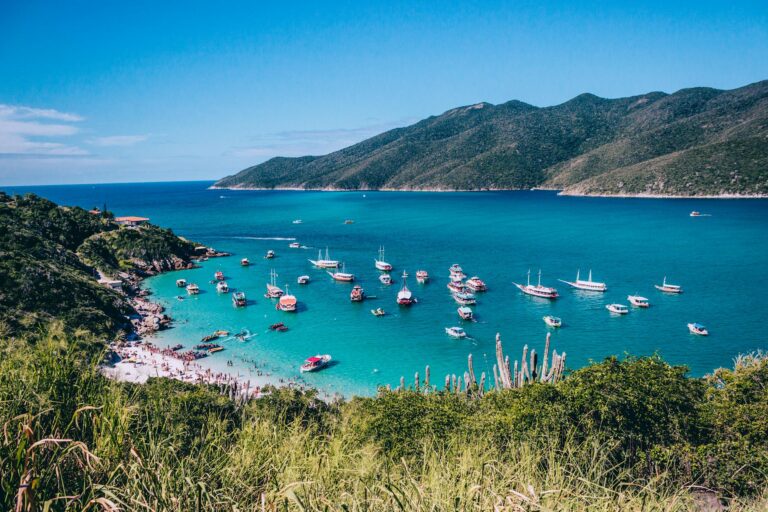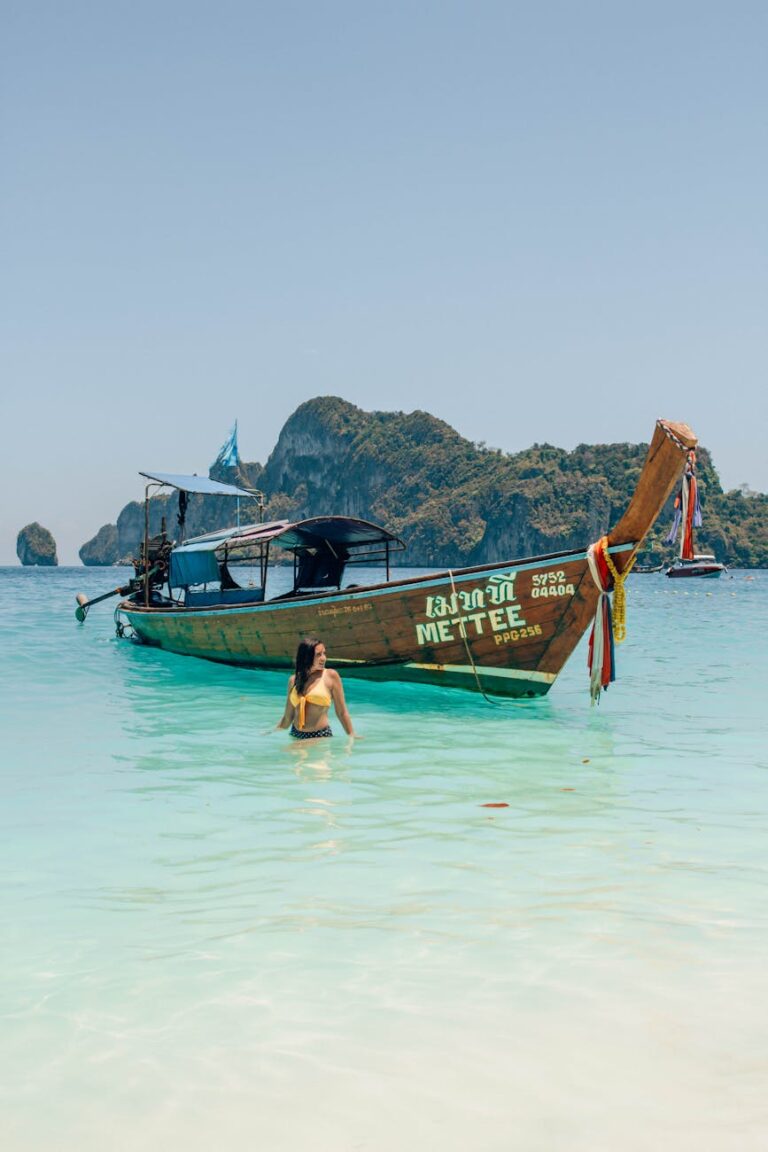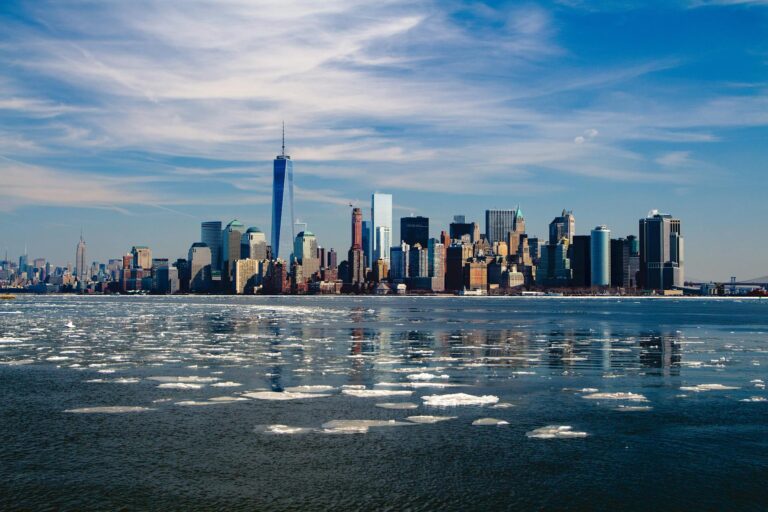Morocco Unveiled: Your Complete Guide to an Unforgettable Adventure
Morocco, a land of vibrant colors, intoxicating scents, and ancient traditions, beckons travelers with its diverse landscapes and rich cultural tapestry. From the bustling souks of Marrakech to the serene Sahara Desert, this North African gem offers an unparalleled travel experience. This comprehensive guide will equip you with everything you need to plan your perfect Moroccan escapade.
1. Destination Research & Itinerary Crafting
Morocco boasts an incredible variety of destinations. For first-timers, the Imperial Cities (Marrakech, Fes, Rabat, Meknes) offer a deep dive into history and culture. Coastal towns like Essaouira provide a relaxed vibe, while the Atlas Mountains offer trekking opportunities. The Sahara Desert is a must-do for a truly unique experience. Research climate (spring and autumn are ideal, with comfortable temperatures), major attractions, and travel times between locations. Crafting a balanced itinerary that blends city exploration with natural beauty is key.
2. Getting There (Flights & Long-Distance Transport)
Major international airports include Casablanca (CMN), Marrakech (RAK), and Fes (FEZ). Direct flights are available from many European cities and some North American hubs. Once in Morocco, the train system (ONCF) is efficient and comfortable for inter-city travel between major centers like Casablanca, Rabat, Fes, and Marrakech. Long-distance buses (CTM and Supratours) are also reliable and reach more remote areas. Taxis are widely available for shorter distances.
3. Accommodation
Morocco offers a spectrum of accommodation, from luxurious riads (traditional guesthouses with inner courtyards) and boutique hotels to budget-friendly hostels and desert camps. Riads provide an authentic and often tranquil experience, especially in the medinas. Book well in advance, especially during peak seasons.
4. Budgeting
The local currency is the Moroccan Dirham (MAD). While Morocco can be traveled on a budget, costs can vary widely. Expect to pay more in popular tourist areas. A general daily budget for mid-range travel, excluding flights, could range from 500-1000 MAD (approx. $50-$100 USD), covering accommodation, food, and activities. ATMs are widely available, especially in cities. Credit cards are accepted in larger establishments, but cash is essential for souks and smaller vendors.
5. Packing, Documents & Health Prep
Pack light, comfortable, and modest clothing that covers shoulders and knees, respecting local customs. Layers are advisable due to temperature fluctuations. A good pair of walking shoes is essential. Don’t forget sunscreen, a hat, and a reusable water bottle. For most nationalities, a visa is not required for stays up to 90 days for tourism, but always check the latest requirements for your specific nationality. Ensure your passport is valid for at least six months beyond your intended departure date and has at least one blank page. Travel insurance is highly recommended. Consult your doctor about recommended vaccinations (routine vaccinations are generally advised) and any necessary medications.
6. Food, Drink & Shopping
Moroccan cuisine is a highlight! Savor tagines, couscous, pastilla, and a variety of fresh salads. Mint tea is a national drink and a symbol of hospitality. Be cautious with street food; opt for busy stalls with high turnover. For shopping, the souks are a treasure trove of handicrafts, spices, leather goods, carpets, and ceramics. Haggling is expected and part of the experience.
7. Language & Basic Interaction
Darija (Moroccan Arabic) is the local dialect, but Modern Standard Arabic is also understood. French is widely spoken, especially in tourist areas and among educated Moroccans. Learning a few basic Arabic or French phrases (hello, thank you, please, how much) will go a long way in enhancing your interactions.
8. Customs & Etiquette
Morocco is a conservative Muslim country. Dress modestly, especially when visiting religious sites. Politeness and respect are highly valued. Always ask permission before taking photos of people. Public displays of affection are generally frowned upon. Be prepared for calls to prayer five times a day.
9. Activities & Sightseeing
- Marrakech: Explore Djemaa el-Fna square, Bahia Palace, Jardin Majorelle, and the souks.
- Fes: Wander through the ancient Fes el-Bali medina, visit tanneries, and madrassas.
- Sahara Desert: Experience a camel trek and overnight stay in a desert camp.
- Chefchaouen: Discover the picturesque blue city.
- Essaouira: Enjoy the coastal charm, fresh seafood, and artistic vibe.
- Atlas Mountains: Hike, visit Berber villages, or go skiing in winter.
10. Local Events & Festivals
Morocco hosts numerous festivals throughout the year, celebrating music, culture, and religion. Notable events include the Gnaoua World Music Festival in Essaouira, the Fez Festival of World Sacred Music, and various local harvest festivals. Ramadan is a significant religious period; while it offers a unique cultural insight (with lively evenings after breaking fast), some services may have reduced hours during the day.
11. Local Transportation & Navigation
Within cities, “petit taxis” (small taxis) are common and metered (ensure the meter is on). For longer distances, “grand taxis” (shared taxis) operate on fixed routes. In medinas, walking is the primary mode of transport. Google Maps can be helpful, but be aware that some smaller alleys may not be accurately mapped. Local guides can be invaluable for navigating complex medinas.
12. Connectivity
Staying connected is relatively easy. Wi-Fi is available in most hotels and riads. Purchasing a local SIM card (from Maroc Telecom, Inwi, or Orange) upon arrival is recommended for affordable data and calls.
13. Safety & Emergency Assistance
Morocco is generally safe for tourists, but petty crime (pickpocketing, bag snatching) can occur, especially in crowded tourist areas. Be aware of your surroundings, avoid walking alone at night in poorly lit areas, and be wary of scams (e.g., unofficial guides). The emergency number is 19 for police. In case of a medical emergency, seek a private clinic as public facilities may not meet international standards.
14. Health & Wellness On-the-Go
Stay hydrated, especially in warmer months. Drink bottled water only. Be mindful of food hygiene. Sun protection is crucial. If trekking in the mountains, be prepared for varying altitudes and weather conditions.
15. Accessibility
While some major tourist sites are becoming more accessible, Morocco’s infrastructure, particularly in older medinas with narrow, uneven streets, can be challenging for travelers with mobility issues. Research specific accommodations and attractions for accessibility options.
16. Tailored Travel Styles (Solo, Family, Adventure)
- Solo Travel: Morocco is generally safe for solo travelers, particularly women, but cultural awareness and confidence are key to managing unwanted attention.
- Family Travel: Moroccans are very welcoming to children. Many riads are family-friendly, and activities like camel treks can be exciting for kids.
- Adventure Travel: Trekking in the Atlas Mountains, surfing along the coast, and exploring the desert offer thrilling adventures.
17. Sustainable & Responsible Travel
Support local businesses, respect cultural norms, minimize your environmental footprint by conserving water and reducing waste, and avoid exploitative animal tourism (e.g., snake charmers, chained monkeys). Bargain fairly and respectfully in souks.
18. Connecting with Others
Moroccans are renowned for their hospitality. Engage with locals, accept invitations for mint tea, and be open to cultural exchange. Learning a few words of Darija can significantly enhance your interactions.
19. Deeper Learning & Enrichment
Consider taking a cooking class to learn about Moroccan cuisine, visiting a traditional hammam for a cultural spa experience, or exploring historical sites with a knowledgeable local guide to gain deeper insights into the country’s rich history and traditions.
20. Travel Entertainment
Beyond sightseeing, enjoy the vibrant street performances in Djemaa el-Fna, listen to traditional Moroccan music, or simply relax with a cup of mint tea and soak in the lively atmosphere of a local cafe. Bring a good book or download some podcasts for longer journeys.
Morocco is a country that will captivate your senses and leave you with lasting memories. With careful planning and an open mind, your journey through this enchanting land will be truly unforgettable.





